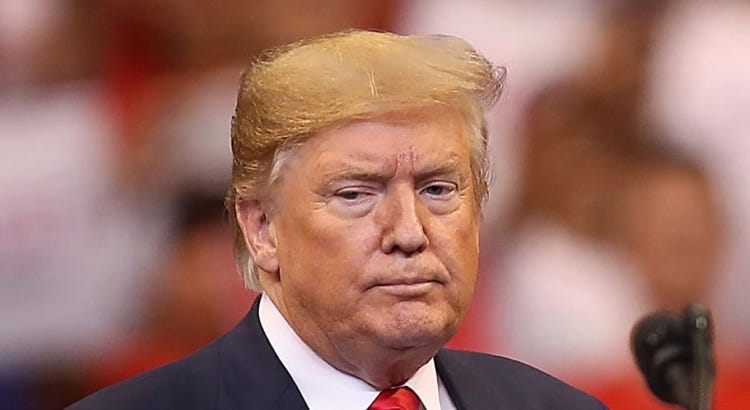The Key Role of Transcription Services in US Presidential Elections
The United States presidential election is one of the most watched political events worldwide. Every four years, the process includes a series of presidential primary elections and caucuses that take place across all 50 states. During an election year, hundreds of speeches, interviews, and debates occur as candidates campaign for votes. But how do voters, journalists, and historians keep track of all these words? The answer lies in reliable transcription services.
What Is Transcription and Why Does It Matter in Elections?
Transcription is the process of converting spoken words from audio or video recordings into written text. In the context of elections:
- Transcripts ensure an original and accurate record of speeches, debates, and interviews.
- This written record removes the risk of misinterpretation or selective reporting.
- Voters, journalists, and researchers can review exactly what a candidate said, in their own words.
For example, platforms like the American Presidency Project have amassed a vast database of past presidential speeches and debates by using accurate speech-to-text services. By accessing transcripts from as far back as Abraham Lincoln's 1861 Inaugural Address, anyone can read a full account without relying on third-party summaries.
Why Are Election Transcripts a Vital Public Resource?
Having written records of campaign events offers big advantages for the public and media:
- Fact-checking made easy: Journalists use transcripts to verify what candidates have promised or stated.
- Historical significance: Transcripts provide a permanent record, turning speeches into crucial historical evidence.
- Building trust through transparency: Written words hold candidates accountable throughout their campaigns and after the election.
- Supporting informed decisions: Voters can compare candidates' platforms and views more easily by reviewing the text.
- Supplying reliable quotes: Media outlets rely on exact transcripts for accurate reporting and notable quotes.
In a 2020 survey, nearly 70% of Americans indicated that clear and factual election information increases their confidence in the voting process (Pew Research Center, 2020).
How Transcription Supports Democracy and Media Integrity
Election coverage depends on accuracy. Verbal exchanges during debates can be heated and fast-paced, which makes direct understanding difficult. Here’s how transcription creates clarity and fairness:
- Capturing every word: Transcription preserves all details, including candidate statements, moderator questions, and audience reactions.
- Highlighting arguments and themes: Text transcripts help people analyze key messages and patterns in candidates’ speeches.
By making political content accessible to all, transcription services support the democratic process and allow for thorough analysis long after an event ends.
Benefits of Accurate Transcription in the Election Cycle
- Easy fact-checking: Reporters and watchdogs can cross-check every candidate claim with reliable transcripts.
- Promoting accountability: Politicians are more likely to stick to their promises when their words are permanently on record.
- Increasing accessibility: Transcripts help people who are deaf or hard of hearing stay informed.
- Language support: Text translation and audio translation services make election content available to non-English speakers.
According to a study in 2022, over 30 million Americans have hearing loss (National Institute on Deafness, 2022). Transcripts and closed captions make sure everyone can follow election coverage.
Transcription Services: Tools for Journalists, Researchers, and Voters
Detailed transcripts allow different groups to benefit, such as:
- Journalists: Build stories using accurate quotes or quickly reference past debates.
- Researchers: Study trends in political messages and rhetoric over time.
- Voters: Access unbiased records to make informed choices on Election Day.
Professional transcription ensures that media outlets, academic institutions, and the public all have access to the same information. This levels the playing field and upholds the integrity of election reporting.
Modern Transcription Solutions for Election Coverage
With hundreds of election events, fast and accurate transcription is essential. Today, providers offer several options:
- Automated transcription powered by AI for quick turnaround on large volumes.
- Human-edited proofreading services for maximum accuracy and error-free documents.
- Affordable transcription pricing and transparent rates for all budgets.
- Subscription services for reporters, analysts, and teams needing ongoing access.
Additionally, subtitling services and captioning ensure videos meet accessibility guidelines and reach a wider audience. Explore captioning services pricing and see how easy it is to order transcription or order captions for your media.
Conclusion: Trust GoTranscript for All Election Transcription Needs
Access to accurate public records strengthens any democracy by supporting transparency and accountability. Whether you need transcripts of presidential speeches, candidate debates, or interviews, GoTranscript offers reliable solutions for every need. Their services include professional transcription, rapid automated options, expert proofreading, as well as closed captioning and subtitling for complete accessibility.
Choose GoTranscript to ensure your election content is clear, accountable, and available to everyone.



















 Verified Order
Verified Order